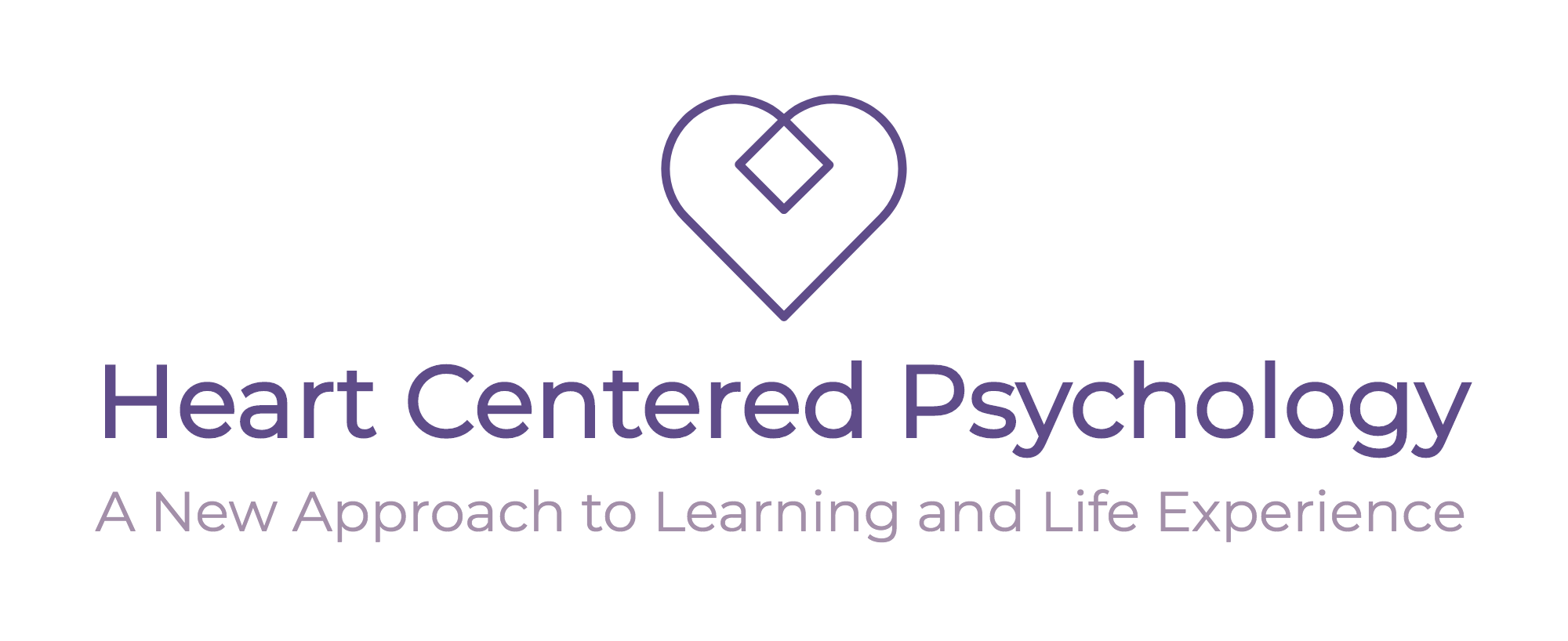Depression, bipolar, mood disorders, grief
Successful treatment is aimed at teaching how depression is created and maintained, and tools provided to manage and/or to prevent recurrences of clinical levels of hopelessness. Mood disorders can often be treated without the use of medications. Grief is not normally considered a disorder, but is rather a normal reaction to loss, and I treat each person with an approach that is individualized to their needs.
Anxiety, Phobias, Panic attacks, Social anxiety, and Insomnia
People often learn in early childhood that the world is a dangerous place, which sets them up for a lifetime of fear or wariness. Once panic sets in, people often report being afraid of being afraid (fear of having more panic attacks). By avoiding the thing they fear, they never have a chance to learn how to successfully overcome the obstacle.
Treatment is aimed at teaching how anxiety is created and escalated, and a wide variety of tools (self hypnosis, challenging irrational beliefs, systematic desensitization, energy tapping) is provided to manage and/or prevent recurrences of panic, worry, and fears. Most anxiety disorders can be treated without the use of medications. Recurring irrational thoughts, beliefs, and conditioning are examined and addressed. Insomnia can often be treated with sleep hygiene, but there are often related and underlying concerns that also need to be addressed in order to remediate problems.
Pain & Medical Illness
There are a number of physical symptoms that typically respond well to hypnosis, such as pain, itching, nausea, hives, diarrhea, and rashes, to name a few. During my work as an oncology researcher, I developed a number of ways to assist people in managing symptoms that originate from a combination of medical conditions, the medications used to treat the conditions, and the psychological aspects associated with the conditions.
Wellness & Coaching, Habit Change (weight, exercise, smoking, etc)
Wellness therapy involves consideration of all aspects of the person's life--social, physical, emotional, career, intellectual, environmental, and spiritual-and assessing and re-balancing the dimensions that are less developed. Many people come to a psychologist expecting only the emotional components to be addressed, yet the reality is that we are multidimensional, multifaceted beings who are most happy and productive when all parts of us are balanced and functioning optimally. With a bachelor's degree in wellness, I focus on the whole person because of my expertise across all of these areas, and I can help people become proactive in improving their overall health.
Obsessive Compulsive Disorders
OCD is a disorder that ranges from mild to moderate severity, and involves a tendency toward perfectionism, high needs for control over the environment, inflexibility, and a lack of trust. It is sometimes modeled/learned from a parent, and can be primarily exhibited in unwanted and repetitive thoughts, or in compulsive behaviors and rituals that must be performed in order for the discomfort to subside. Commitment to change must be high in order for a person to benefit from OCD therapy because it involves learning to think and behave in ways that thwart the comfort seeking behaviors previously exhibited.
Sports Psychology
To excel in any sport requires more than just technical skill; much of athletics is mental and emotional maturity, confidence, tenacity, goal-setting, positive self-talk, and an ability to focus and visualize success. I adjust my approach to the needs of the individual. I served as team psychologist for the Phoenix women's professional football team, working individually and in groups to assist them to cohere as a team, improve confidence, and improve their mental game.
I worked with an 11 year-old gymnast who had sustained a severe injury to her leg and hip after a fall while performing a backward movement on the uneven bars. After a period of physical rehabilitation she was medically released to resume activities, but she found she could not get herself back on the bars because of the trauma. She had a phobia of any move that would involve a backward (blind) move. Using a technique to treat trauma, in just 2 sessions we restored her confidence and she was able to return to the sport and excel. A year later, her mother wrote a letter of gratitude to tell me she'd had no further problems with confidence in her sport.
Women's Issues, Domestic Violence, Trauma
My internship in a domestic violence shelter in WI taught me a great deal about how to assist both men and women in escaping the cycle of family violence. Many people live with abusive partners without an awareness that they are being abused, but in the absence of physical abuse, the emotional and mental abuse is just as harmful. I am published in the area of domestic violence, and continue to be involved with legal assessments and testimony for immigrants seeking asylum in the United States to escape domestic violence in their homelands. I also worked more directly with post-traumatic stress disorders while working at the Veteran's hospitals in Columbia, Missouri and Phoenix, AZ.
My trauma protocol is just one of the tools I offer in helping people manage the anxiety and fear associated with exposure to violence. To this, I add techniques of energy psychology for the physiological symptoms, assertiveness training for gaining confidence and conflict management skills, EMDR, and decision-making and psychosocial support for assisting people to create new and healthier directions in their lives.
Anger, assertiveness & conflict management
Learning to manage anger alters people's lives dramatically once they stop defending and instead proactively create resolution. Comprehension of one's (often unconscious and automatic) patterns leads to choice, and choice offers empowerment to create change in a positive direction. Most people lack training in how to be assertive, so they end up being either passive or aggressive in response to conflicts-neither of which are satisfactory, and which are often damaging to relationships and self image.
Couples & Sexuality
The common approach to couples therapy is to teach better communication, but I use the Gottman model which turns traditional couples therapy on its ear. This approach is dramatically effective in marriages that involve verbal conflict. To address sexual problems, I often first have to treat the anger between couples, but treatment may also involve a focus on medical issues, hormonal problems, and cultural/sexual mores in which the person grew up.
Self-esteem & Body Image
The origin of poor self-esteem is sometimes derived from the shame of inaction, and in this case the focus would be developing the person in the direction of taking action toward goals. Self-esteem is otherwise rooted in perfectionism, poor social skills, or in overcoming past traumas. I also teach mental rehearsal and preparation for retrieval of skills that create neural pathways for success that have been life-changing for many of my clients.
Career & Decision-making
Especially in today's economy, many find themselves stuck-in homes, marriages, and jobs that no longer fit, and are averse to taking the risk of making change. I provide a supportive atmosphere for re-creating the self in a direction that better suits the person, and creates a sense of meaning and purpose in life.
Spiritual Philosophy, Meaning of Life, Direction
My approach to psychology goes beyond the emotional; it also includes the physical, mental, and spiritual. When in balance, we are optimally buffered from the common difficulties that life presents.
Many people are lost or have become disillusioned with religion, and would like to develop themselves spiritually, but don't know how. There is a lack of satisfaction or meaning in people's lives. They may have everything in place-the marriage, 2.5 children, house in the suburbs, enough money, friends-but still feel empty inside. They're not exactly depressed, but wonder why they don't feel happy. There's a yearning or feeling of restlessness inside, but for what?
What I provide in this area is a sensitivity to who you are-do you like to read, meditate, research other religions, travel, volunteer, join groups? Everyone learns and grows differently. I'm not interested in cloning you or indoctrinating you to my beliefs, but rather to socratically guide you to your own discoveries and conclusions. I believe that it is our souls that yearn for meaning, connection to a higher being or purpose, and that without this need satisfied, we start to wonder "Is that all there is?"
Research indicates people who are spiritually grounded or content are physically healthier and heal faster from surgeries. They're more resilient in the face of anxiety, depression, feeling alone, fearing death, aging, and nihilism.
What if I'm not spiritual? For those who find the idea of spirituality aversive, an equivalent alternate would be to ask yourself what is your philosophy of life and why are you here? Identifying your beliefs, values and assumptions can lead you to evaluate the extent to which you are on your best path in life-not the one others think you should be on, but the one you choose with awareness and passion.
Forensic Assessment/Expert Witness
I provide psychological assessments using the MMPI-2 to establish the psychological health of clients in need of documentation for court proceedings. All forensic activities are charged "fee for service" and are not covered by insurance.
I received training from Doctors of the World (now known as Health Rights International) to document psychological hardship for those seeking asylum in the United States to escape religious, political, or domestic persecution. Since 2002, I have worked in conjunction with immigration attorneys to provide written reports for the courts, and also appear in court to provide expert witness testimony to support cases in which I have become involved.
Speaking Engagements
I am a teacher at heart, and have been an adjunct professor at Ball State University and Arizona State University. I also presented my quality of life research findings to physicians attending Tumor Boards and oncology support groups across the state of Indiana, and have presented my research findings and therapy techniques to numerous psychology conferences including the Ericksonian Institute in Phoenix, AZ. So I am now teaching in a more intimate setting-my office.
I provide monthly presentations in my office on a diverse range of topics related to psychology in a variety of formats (see the calendar for current listings). Space is limited and advance sign-up and payment are required.
Corporate Training:
- Provide pre-employment screenings
- Training methodologies to increase employee retention
- Teach conflict resolution
- Stress management
- Team building
- Adjustment to change and reorganization
- Prevention of burn-out
- EAP
My consultations include a variety of industries including Xerox, Tombstone Pizza, Community Cancer Care, universities, website developers, banks, and mortgage companies.

